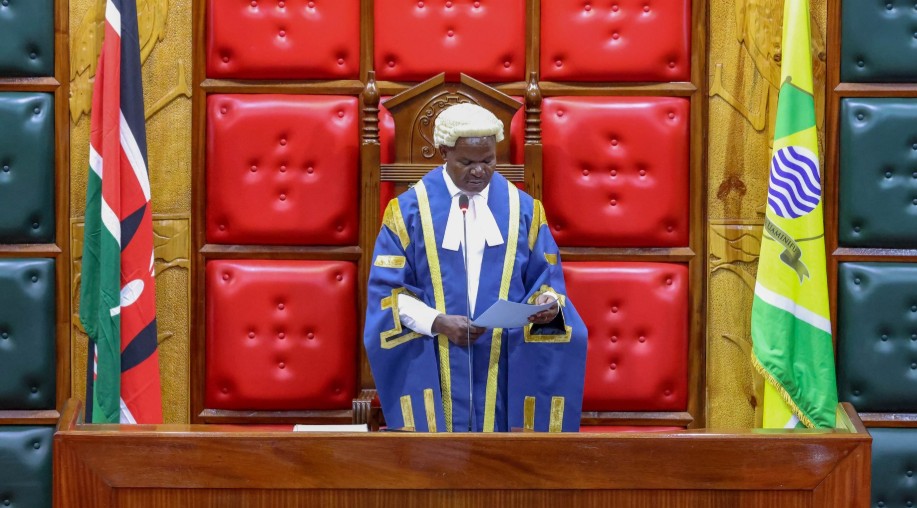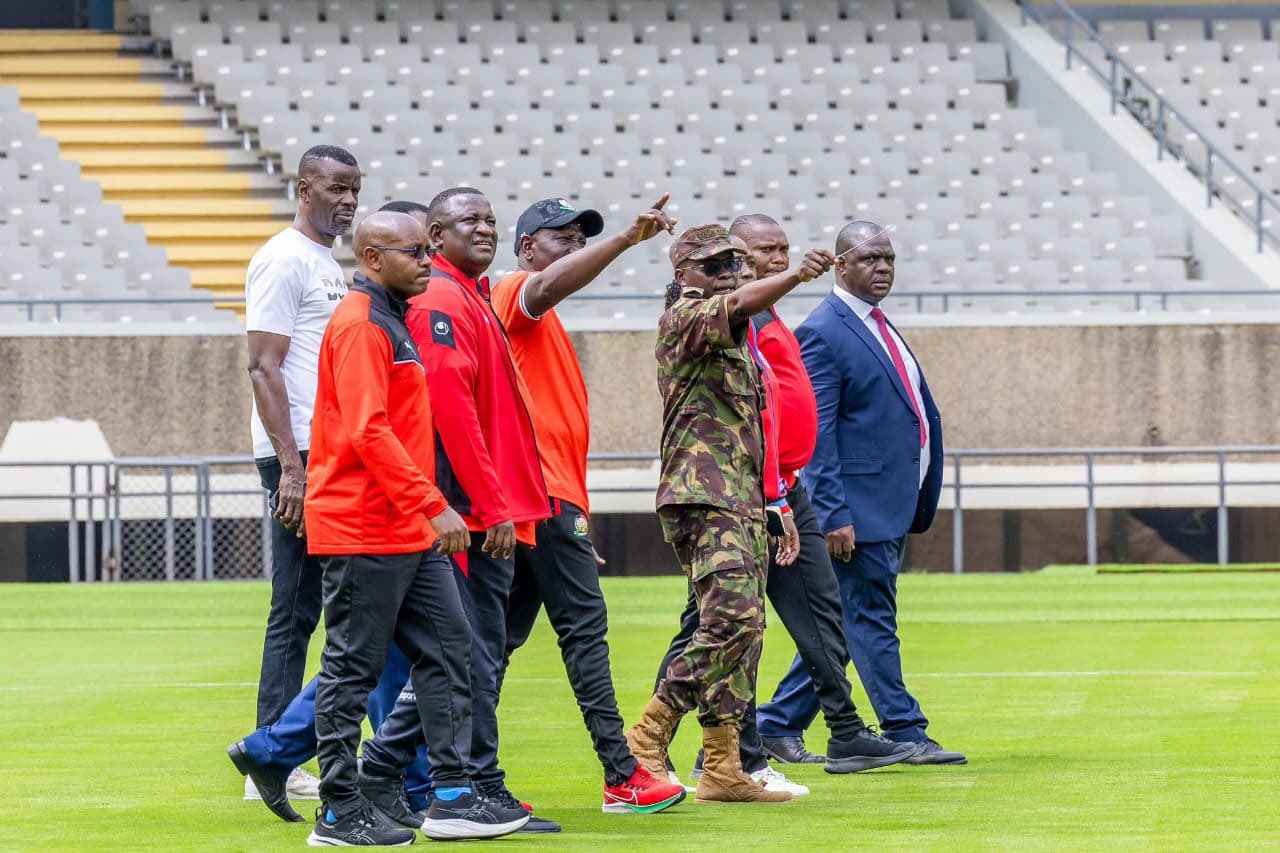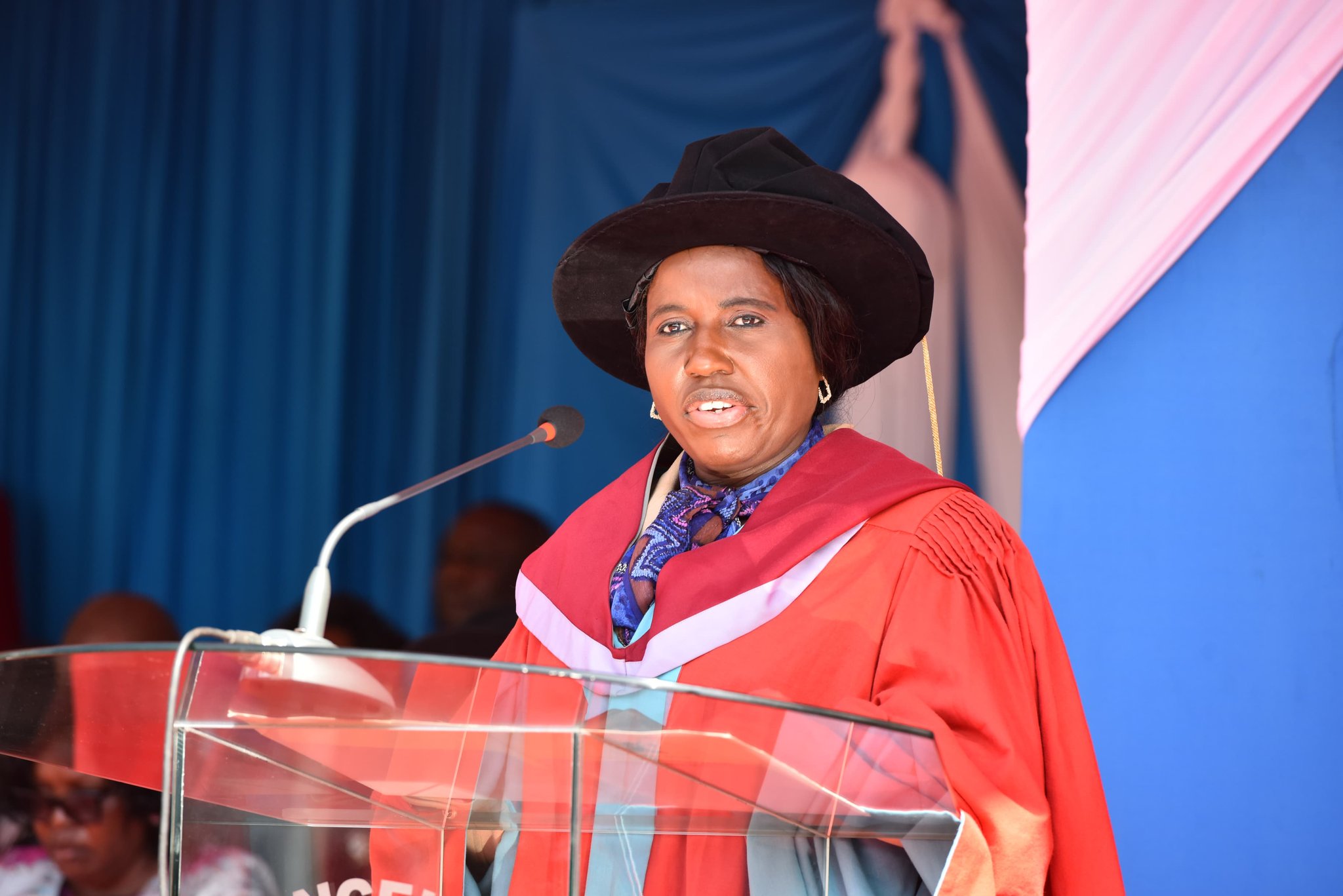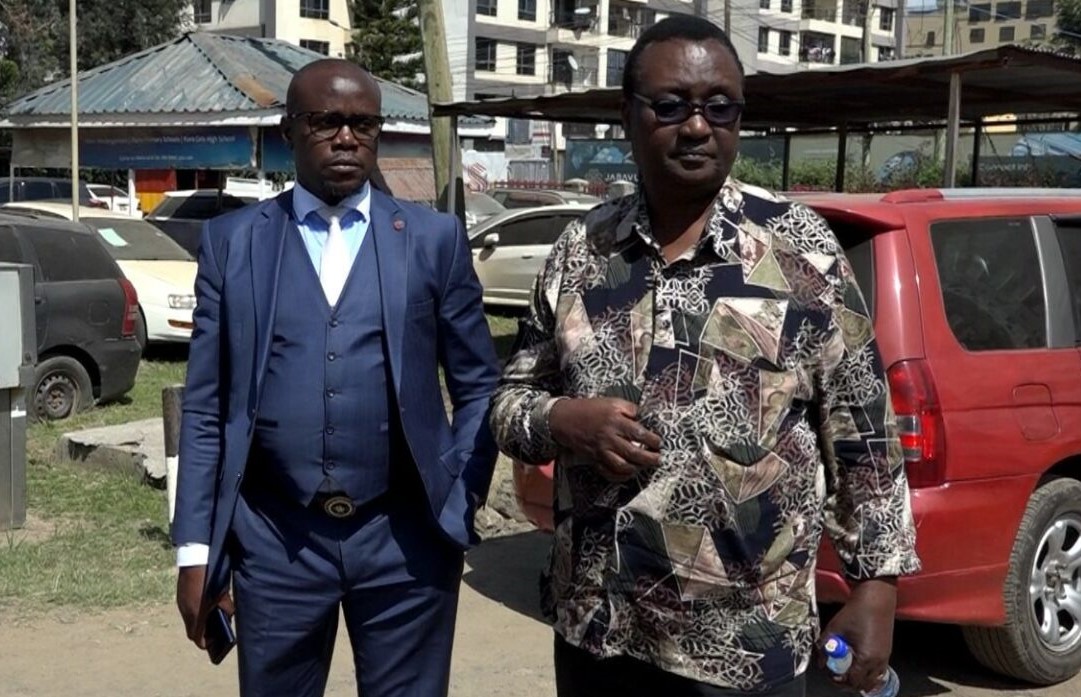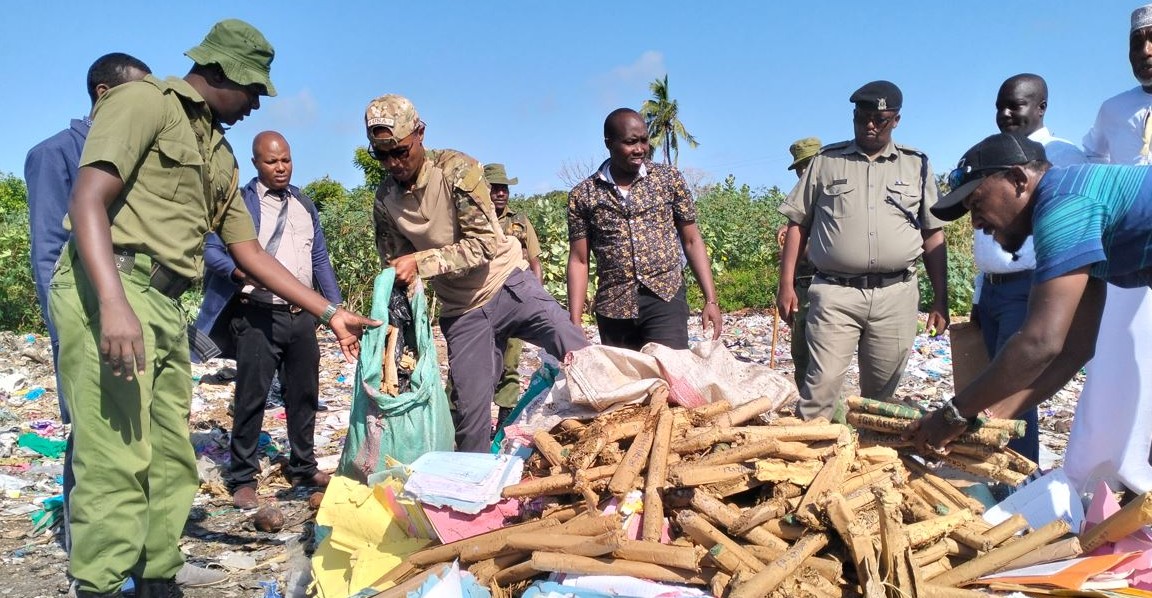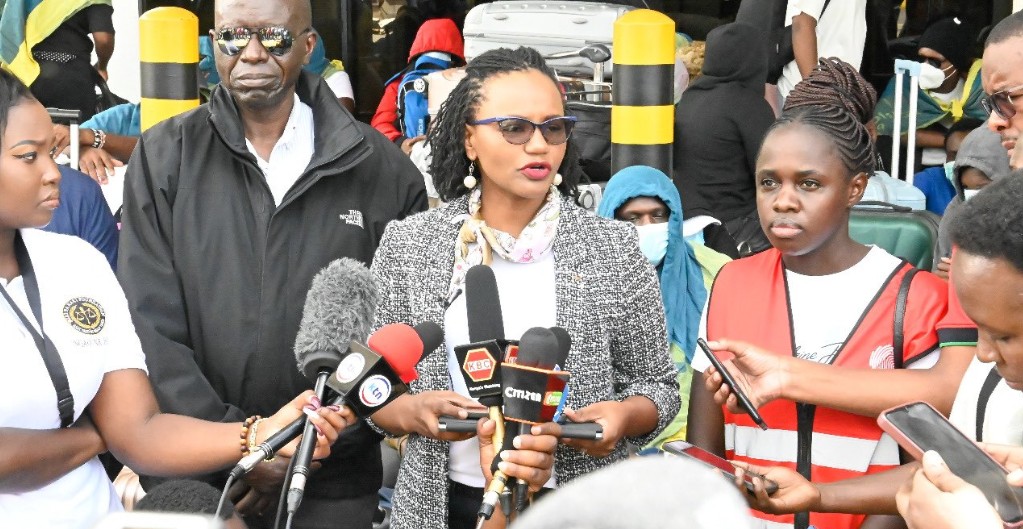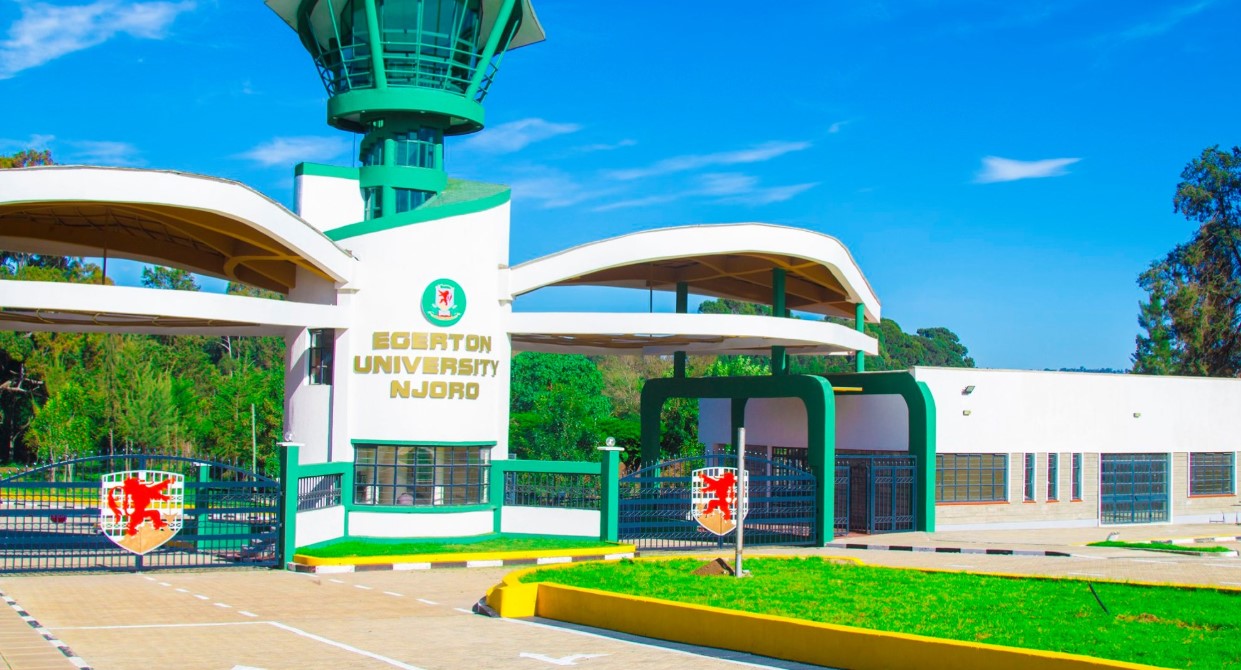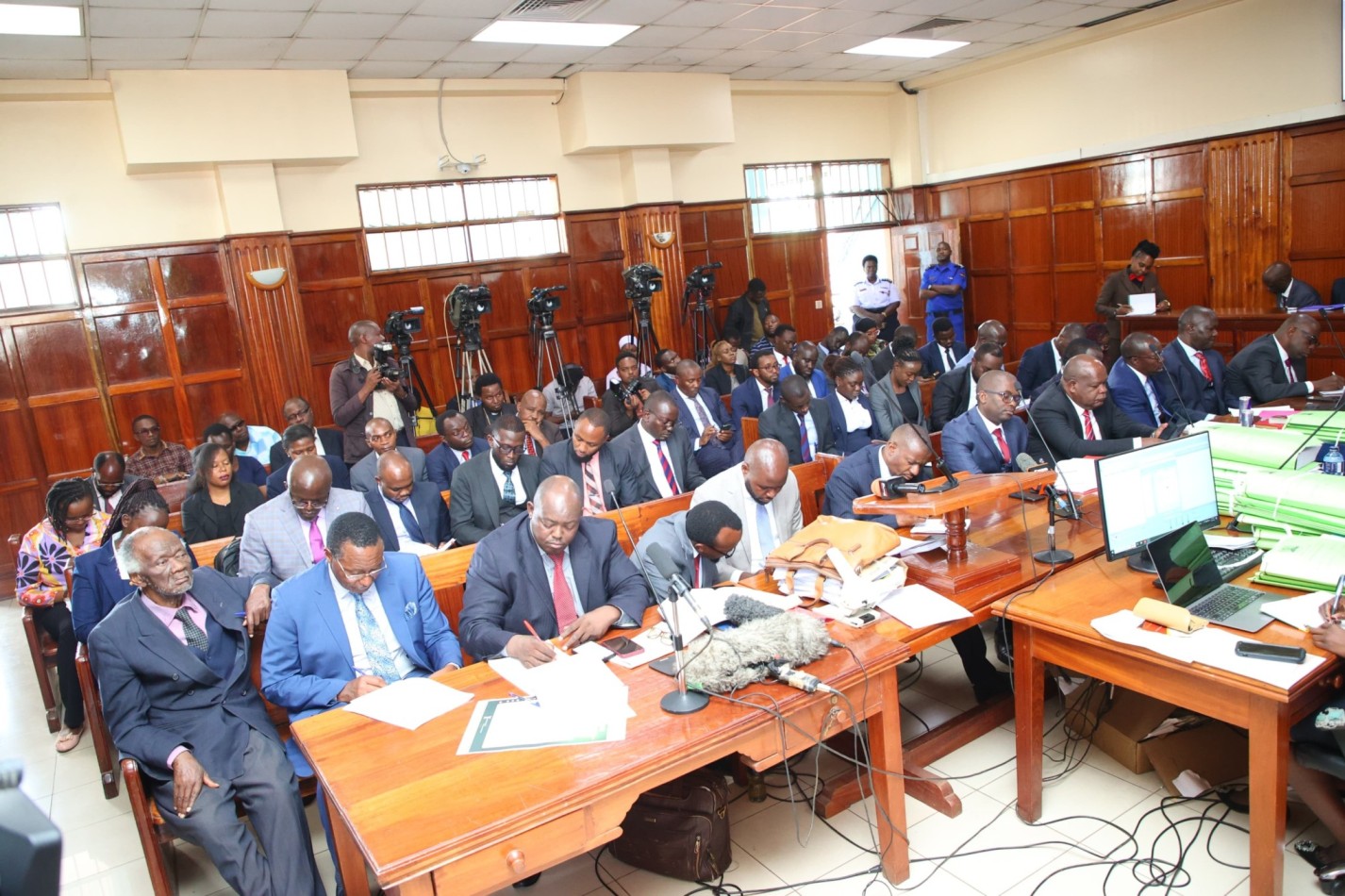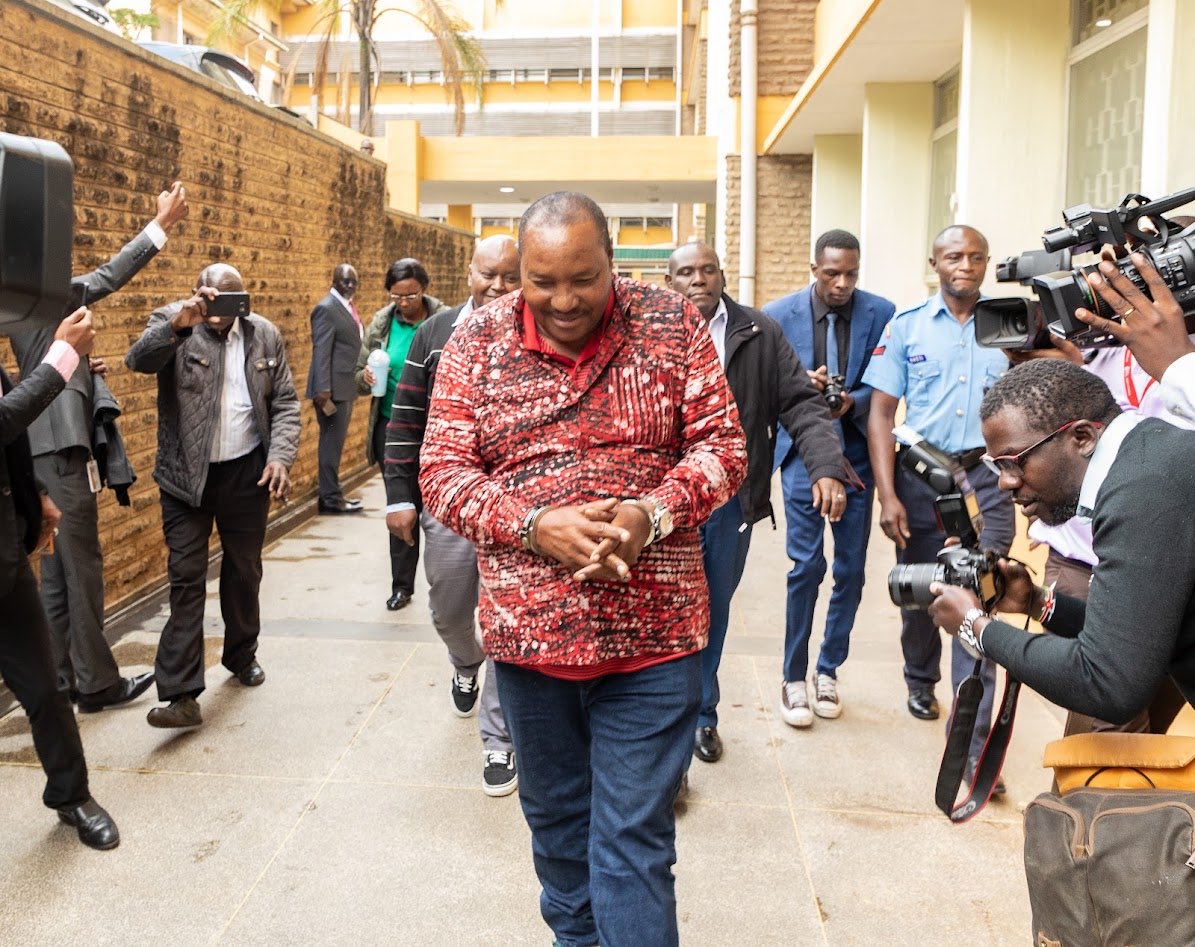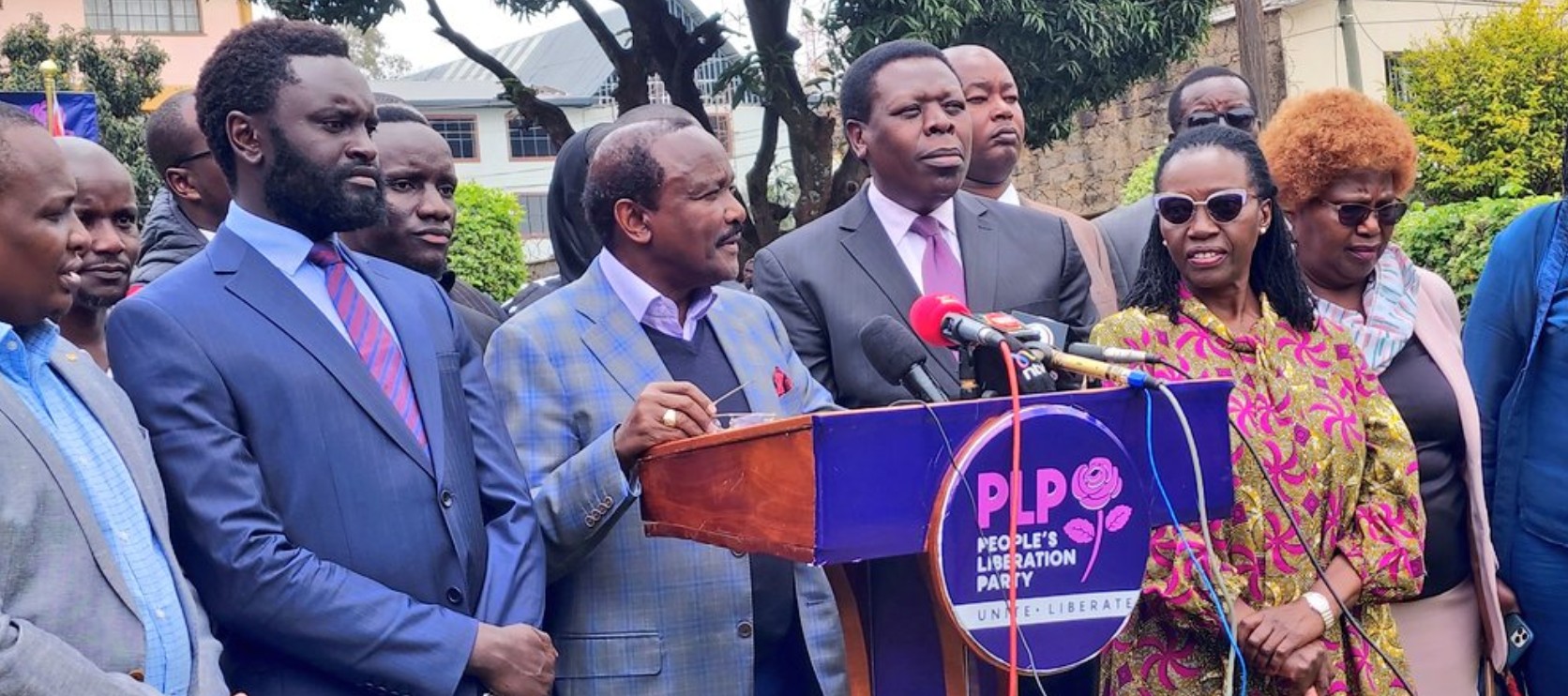Africa intensifies push for permanent UN Security Council seats, veto power

African nations say their outsized contribution to global peacekeeping demands fairer representation.
African countries are stepping up their campaign for permanent seats and veto power at the United Nations Security Council, arguing that their outsized contribution to global peacekeeping demands fairer representation.
The push is gathering momentum in Lusaka, Zambia, where the African Union's Committee of Ten (C-10), including Kenya's Prime Cabinet Secretary Musalia Mudavadi, is meeting for its 13th ministerial session.
More To Read
- UN warns of ‘horror show’ as over 60,000 killed in Gaza as Israel-Hamas war intensifies
- UN chief describes situation in Gaza as a 'horror show'
- UN Security Council adopts unanimous resolution urging peaceful settlement of global disputes
- ICC finds evidence of war crimes, sexual violence in Darfur
- UN Security Council extends sanctions on DRC
- Middle East on edge after US deploys bunker-busting bombs in Iran airstrikes
The C-10 is tasked with articulating Africa's case for reforming the Council, a stance grounded in the Ezulwini Consensus of 2005.
Sierra Leone currently leads the C-10, with African leaders expected to hammer home the reform message at September's UN General Assembly week.
For decades, Africa has sought to redress what it sees as "the historical injustice endured by the African continent," noting that the region has been the subject of roughly 70 per cent of Security Council deliberations, yet remains excluded from permanent membership.
Currently, the Security Council has five permanent members—the US, UK, France, China, and Russia—each wielding a veto, and ten non-permanent members, of which Africa holds just two rotating seats.
The Ezulwini Consensus calls for Africa to get two permanent seats with full veto rights and five non-permanent seats.
"Africa constitutes more than a quarter of the UN membership," C-10 officials note, "yet continues to bear the brunt of the Council's work without a seat at the decision-making table."
The AU position also aligns with the Secretary-General's 2023 report, Our Common Agenda, which underscores the need for greater African representation at the Council.
Experts argue that Africa's contribution to peacekeeping is unmatched, accounting for half of all UN peacekeeping missions globally.
Yet, according to the Council on Foreign Relations, since 1960, Africa has hosted more than thirty UN peacekeeping operations—more than any other region—underscoring the continent's frontline role in global security.
Despite this, Africa's quest for reform remains fragmented. "There is still no consensus at the AU on which countries would fill those seats," says one African diplomat, pointing to regional rivalries and the AU's inability to settle on a selection framework.
Africa's full membership of the G20—a bloc that accounts for 85 per cent of global GDP—has added impetus to the continent's demands for meaningful representation in multilateral institutions.
Nonetheless, Africa's reform ambitions are overshadowed by global geopolitical gridlock, with powerful players reluctant to dilute their veto privileges.
Top Stories Today
- Nairobi Speaker throws out Sakaja ouster petitions over legal gaps
- Businessman Obure claims life in danger after winning Sh1.3 billion property dispute
- Major city roads to be shut on Sunday for CHAN tournament
- Egerton VC faces sanctions as Parliament tightens grip on mismanaged institutions
- Government evacuates 5,232 distressed Kenyans from 19 countries
- Audit uncovers illegally appointed NCIC commissioners still drawing full salaries
